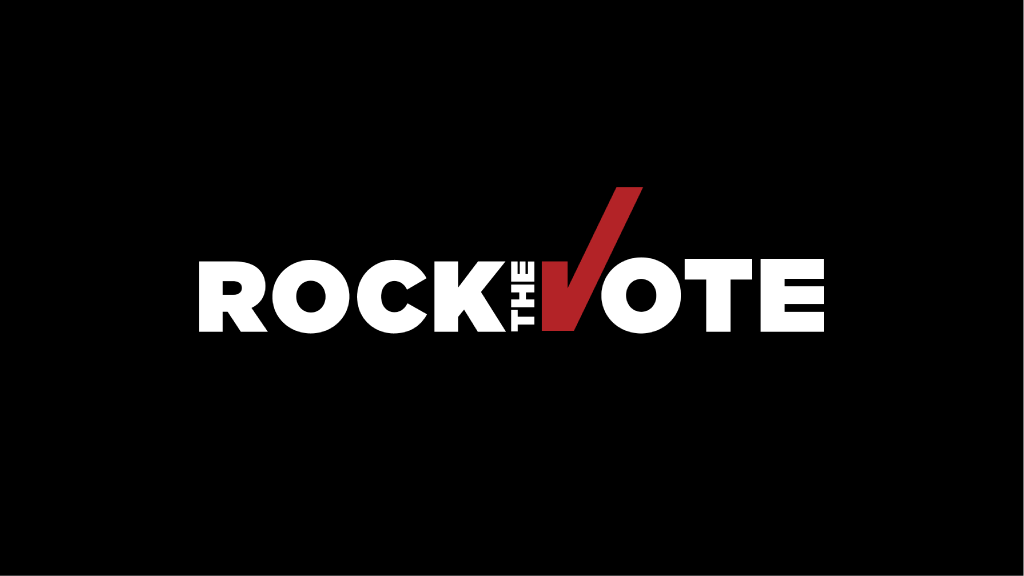As current elections draw to a close around the nation, future elections loom inevitably around the next corner leaving students full of uncertainty. Three organizations are available to help students prepare for the election of 2024.
The conference was hosted by Fireside Campaigns with three primary speakers being the deputy director of Center for Information & Research on Civic Learning and Engagement (CIRCLE) Abby Kiesa, co-founder and executive director of Students Learn Students Vote (SLSV) Coalition Clarissa Unger and the president and executive director of Rock the Vote Carolyn Dewitt.
“[CIRCLE uses] data of a wide diversity of youth and how they engage with democracy and communities,” said Kiesa. “When it comes to elections, we’ve seen cycle after cycle how young people are powerful in the face of campaigns and parties not talking to them and in the face of lots to be disillusioned about.”
Rock the Vote held a student press conference on Wed. Nov. 2, inviting reporters from over 30 schools to learn about their goals and resources with the primary goal of sharing the importance of the young adult votes.
“We’ve used data to show how the turnout of young people and the way in which young people pass ballots for the candidates they vote for can have a profound influence on elections,” said Kiesa. “Even in low turnout elections, young people can have significant power.”
With some states, the young voter registration is significantly low, which is what education and these organizations seek to amend alongside the active participation of the states that struggle with achieving those.
All three organizations each speaker encourages young voters to show up and secure their vote for every election because small elections especially impact their communities. For the SLSV Coalition, they seek to make sure every college student has easy access to the voting registration process.
“Civic engagement looks and feels very different in every community, and there’s really no one size fits all approach to ensuring that every voter remains engaged in every election,” said Unger.
SLSV Coalition’s website, slsvcoalition.org, offers resources for campuses and students to become more active in promoting voting habits for their respective colleges and universities. Encouraging young people to vote is a critical endeavor in democracy that tends to devalue certain voices or neglect voter education to some groups.
Rock the Vote specifically is a non-profit organization started in 1990 as a reaction to the censorship against music artists in the rap and hip-hop scene especially.
“Our mission is pretty simple. It’s to build the political power of young people,” said Dewitt.
Rock the Vote’s website, rockthevote.org, provides a vital quality of information including voting trends, data maps and information on candidates and ballot options.
“What’s also historically true is that young voters don’t turn out at the same rate as older voters. And this is not a generational problem. This is a systematic problem,” said DeWitt. “We do very little to prepare 18 year olds to participate in our democracy before they become eligible to do so.”
“In many states it’s designed to keep [young voters] out,” continued DeWitt. “The more young people are showing up and turning out, a lot of the older folks in power are trying to make it harder in certain places for them to actually turnout.”
New and younger voters are often limited with voter ID requirements and restrictions on voting by mail or other factors.
While colleges and universities are the largest demographic for Rock the Vote, they are a universal resource for graduating high schoolers and young adults who are not attending traditional colleges or are already in their career fields. Overall, the organizations strive to serve young proactive voters.
“Together, Millennials and those who are eligible to vote from Gen Z, make up for approximately 40% of the electorate, giving members of these generations enormous power to determine the direction of our country and our communities, but only if we show up and vote,” said DeWitt.
You may also like
-
UWG’s Ingram Library Hosts Pop-Up Study Spot to Help Students Prepare for Finals Week
-
UWG Offers Mental Health Support And Academic Services To Maintain Student Success During Finals Week
-
UWG Alumnus Shares His Experience Exploring the Underground Flood Channels of Las Vegas
-
Georgia Students Simulate the Struggles of Dementia
-
UWG PR Students Score a Georgia Power Tour at Atlanta Corporate Office
